Genetics
-
 Paleontology
PaleontologyHumans may have taken different path into Americas than thought
An ice-free corridor through the North American Arctic may have been too barren to support the first human migrations into the New World.
-
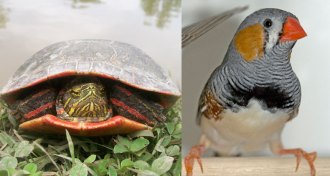 Genetics
GeneticsAncient reptiles saw red before turning red
The discovery that birds and turtles share a gene tied to both color vision and red coloration is more evidence that dinosaurs probably saw the color red — and perhaps were even red, too.
-
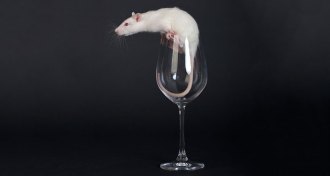 Genetics
GeneticsRats offer clues to biology of alcoholism
Heavy-drinking rats are giving scientists new genetic clues to alcoholism.
-
 Plants
PlantsWhy a parasitic vine can’t take a bite out of tomatoes
Cultivated tomatoes fend off parasitic vines as they would microbes.
-
 Genetics
GeneticsDolly the Sheep’s cloned sisters aging gracefully
Cloning doesn’t cause premature aging in sheep.
-
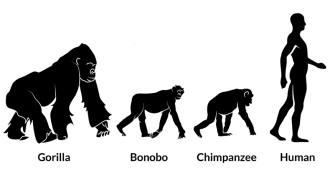 Genetics
GeneticsEvolution of gut bacteria tracks splits in primate species
Primates and microbes have been splitting in sync for at least 10 million years.
-
 Genetics
GeneticsSwapping analogous genes no problem among species
Many genes are interchangeable between yeast, bacteria, plants and humans.
-
 Genetics
GeneticsHerbicide no match for fruit flies’ gut microbes
Friendly gut bacteria team up to break down herbicide that might otherwise harm fruit flies.
-
 Health & Medicine
Health & MedicineNo one-fits-all healthy diet exists
Mice’s response to diet varies with their genes.
-
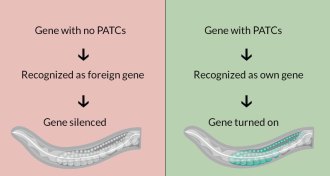
-
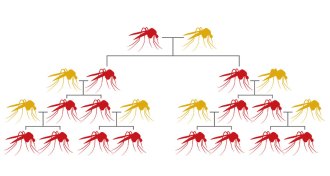
-
 Anthropology
AnthropologyTwo groups spread early agriculture
The Fertile Crescent was a diverse place. Multiple cultures were involved in the dawn of farming.